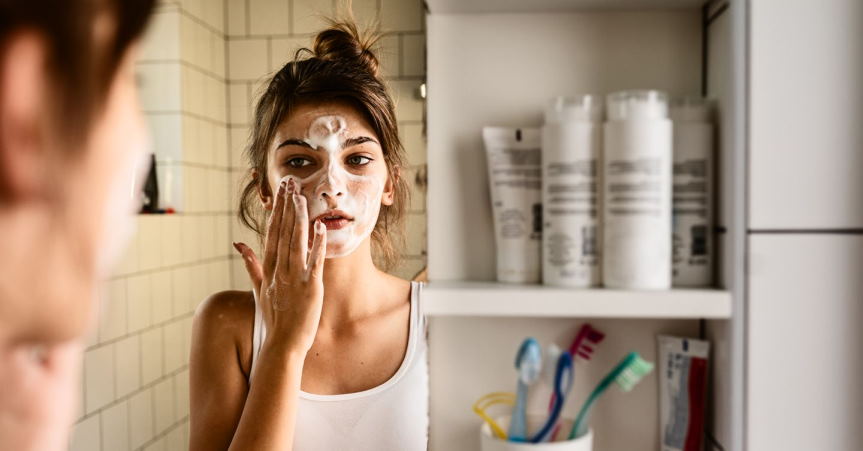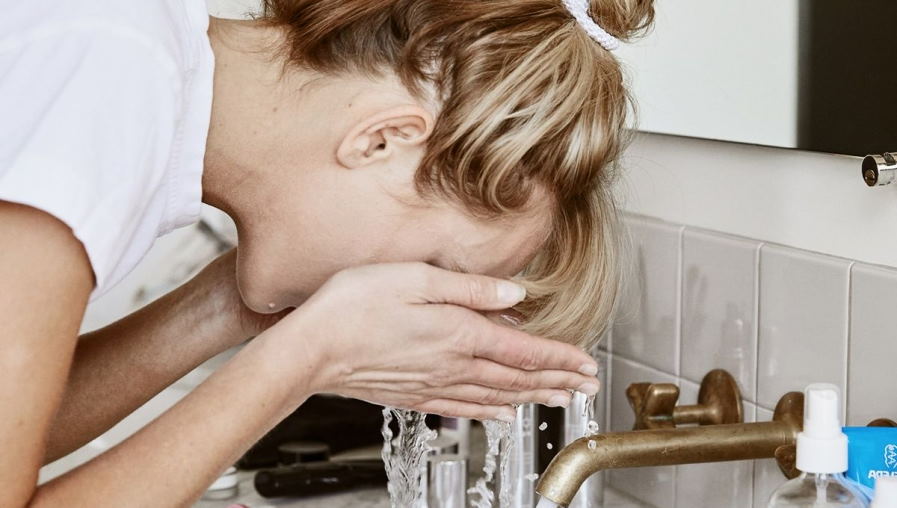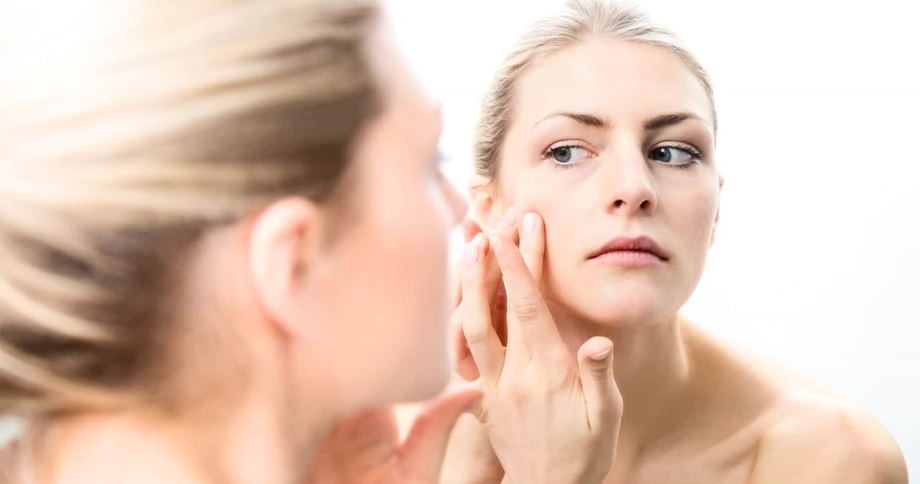
Everyone desires clear, beautiful skin. Enhancing our physical appearance boosts self-esteem and confidence; a few simple changes to your hygiene habits may be all that is needed to make you more attractive both inside and out! In addition, reducing blemishes and dark spots on your face or body can dramatically improve the quality of life, leading to improved mental health and clearer skin. This blog post will discuss tried-and-true tips for achieving flawless skin through proper hygiene practices – giving readers access to the secrets of naturally glowing skin! So keep reading to know how you can enhance your complexion without relying solely on cosmetics.

Tips for improving your skin hygiene
- Wash your face twice daily with warm water and a gentle cleanser. Avoid harsh soaps, which can strip away natural oils and leave skin dry and irritated.
- Exfoliate regularly to remove dead skin cells, revealing smoother skin underneath gently. Use a gentle scrub for sensitive areas like the cheeks, nose, and forehead.
- Moisturize daily with lotion or cream designed for your skin type to help keep it hydrated and healthy.
- Apply sunscreen year-round, even on cloudy days, to protect against sun damage which can cause wrinkles, dark spots, and other signs of aging.
- Cleanse after sweating heavily or coming into contact with dirt or grime. This will help prevent clogged pores and acne breakouts.
- Avoid picking or squeezing at pimples as this can cause scarring and further skin irritation.
- Get plenty of sleep, drink lots of water, eat a balanced diet, and exercise to keep the skin healthy from the inside out.
- Make sure to clean your makeup brushes regularly so bacteria don’t build up on them and transfer onto your face.
- Visit your dermatologist for regular checkups to identify any potential skin problems before they become a larger issue.
- Avoid smoking and limit alcohol consumption as these can damage the skin.
- Consider using natural products to nourish your skin and reduce irritation. For example, essential oils like Lavender, Peppermint, and Tea Tree can help keep your skin clean and hydrated.
- Be sure to take off any makeup before bed so that your pores are free to breathe overnight.
- Change pillowcases frequently to help avoid bacteria build-up.
- When showering, use lukewarm water instead of hot water as it’s less likely to irritate the skin or strip away natural oils.
The importance of good skin hygiene cannot be overstated
Keeping skin clean helps to avoid infections, reduce the risk of skin irritation and allergies, and maintain overall health. Good hygiene practices include washing your hands frequently with soap and water, showering or bathing regularly, using a mild cleanser on your face and body, wearing clean clothes, avoiding contact with unclean surfaces and people, exfoliating dead skin cells away from the surface of the skin regularly and moisturizing every day. Following these simple steps can help keep your skin healthy and glowing. Taking care of your skin is important to overall health and wellbeing. It improves the appearance and keeps you safe from potential harm caused by bacteria or viruses that could cause illness or infection if left untreated. Therefore, practicing good skin hygiene habits daily is essential to ensure that your skin remains healthy and protected from infection.
Additionally, regular exfoliation helps remove built-up dirt, oil, and other debris that can clog pores and lead to breakouts. And don’t forget to moisturize! Keeping skin hydrated is key for keeping it looking and feeling its best.
By establishing a routine of good skin hygiene practices, you can help keep your skin healthy now and in the future. Healthy skin is beautiful skin! So take the time to nurture it with these simple steps: regularly cleanse, exfoliate and moisturize. Your body will thank you for it in the long run!

